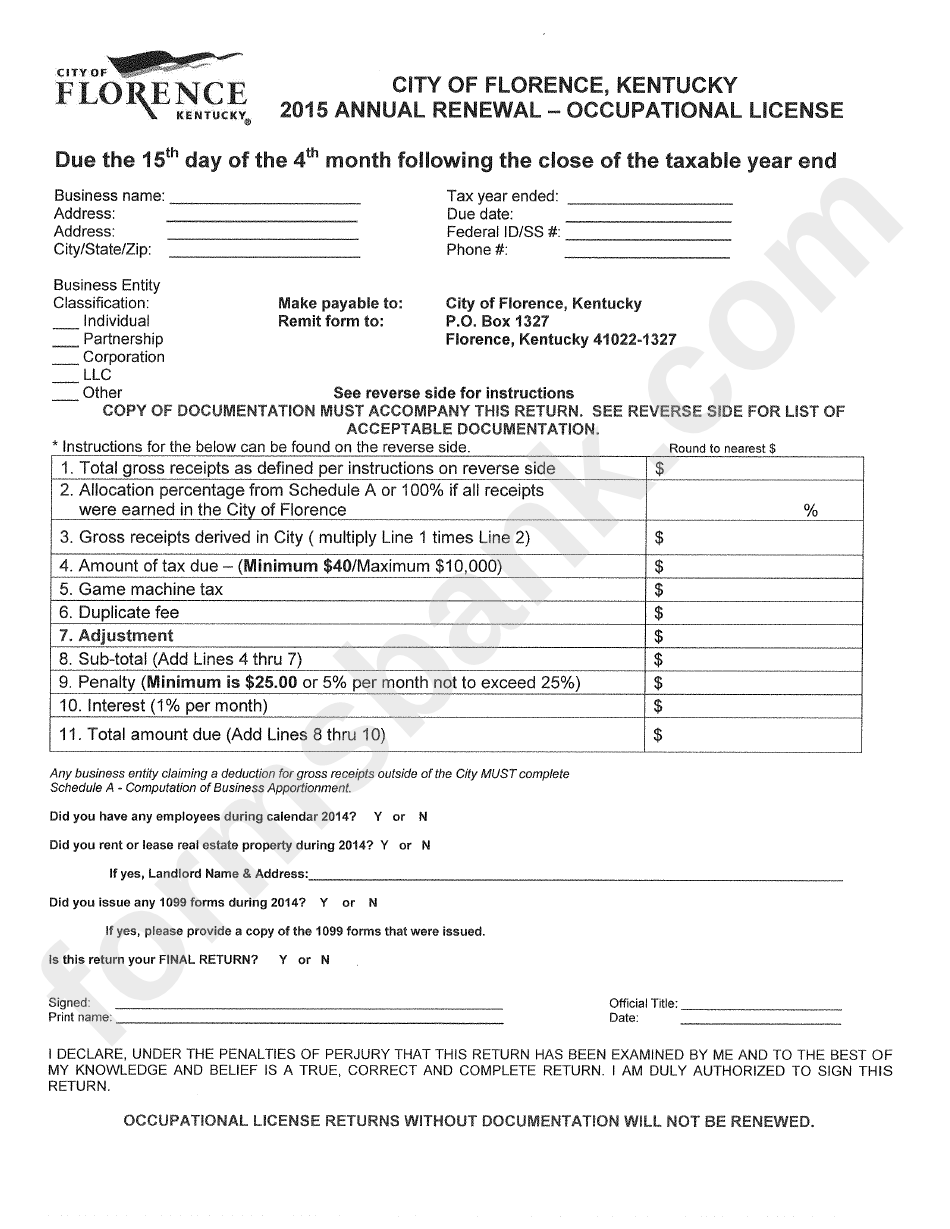

A first-party SNT is generally classified as a “grantor trust.” This tax classification means that all of the items of income, deduction and credit generated by the SNT should be reflected on the personal income tax return of the beneficiary with the disability.

Does the trustee of a SNT have to file an income tax return? First-Party SNTsįirst-party SNTs are funded with the assets of an individual with a disability who is typically receiving means-tested government benefits such as Supplemental Security Income (SSI) or Medicaid. The primary focus of this article is to introduce the tax form that typically must be filed for Special Needs Trusts (SNTs) which generate income. Gray, focused on Qualified Disability Trusts, a tax classification that is unique to trusts where there is a sole beneficiary who has been determined to be disabled by the Social Security Administration. The second article, Is a Qualified Disability Trust Appropriate? by SNA member Elizabeth L. The first article, A Short Primer on Trusts and Trust Taxation authored by SNA members Barb Hughes and Tara Pleat, focused on the taxation of trusts in general. Taxation of trusts was the subject of two prior articles that were published in The Voice in 2012.

Tara writes and lectures frequently on issues affecting individuals with disabilities and their families. She practices in the areas of Special Needs Planning, Elder Law, and Trust and Estate Planning and Administration. Tara is a founding partner of the law firm of Wilcenski & Pleat PLLC in Clifton Park, New York. This installment of The Voice was written by Special Needs Alliance member Tara Anne Pleat, Esq. The Voice is the e-mail newsletter of The Special Needs Alliance.


 0 kommentar(er)
0 kommentar(er)
